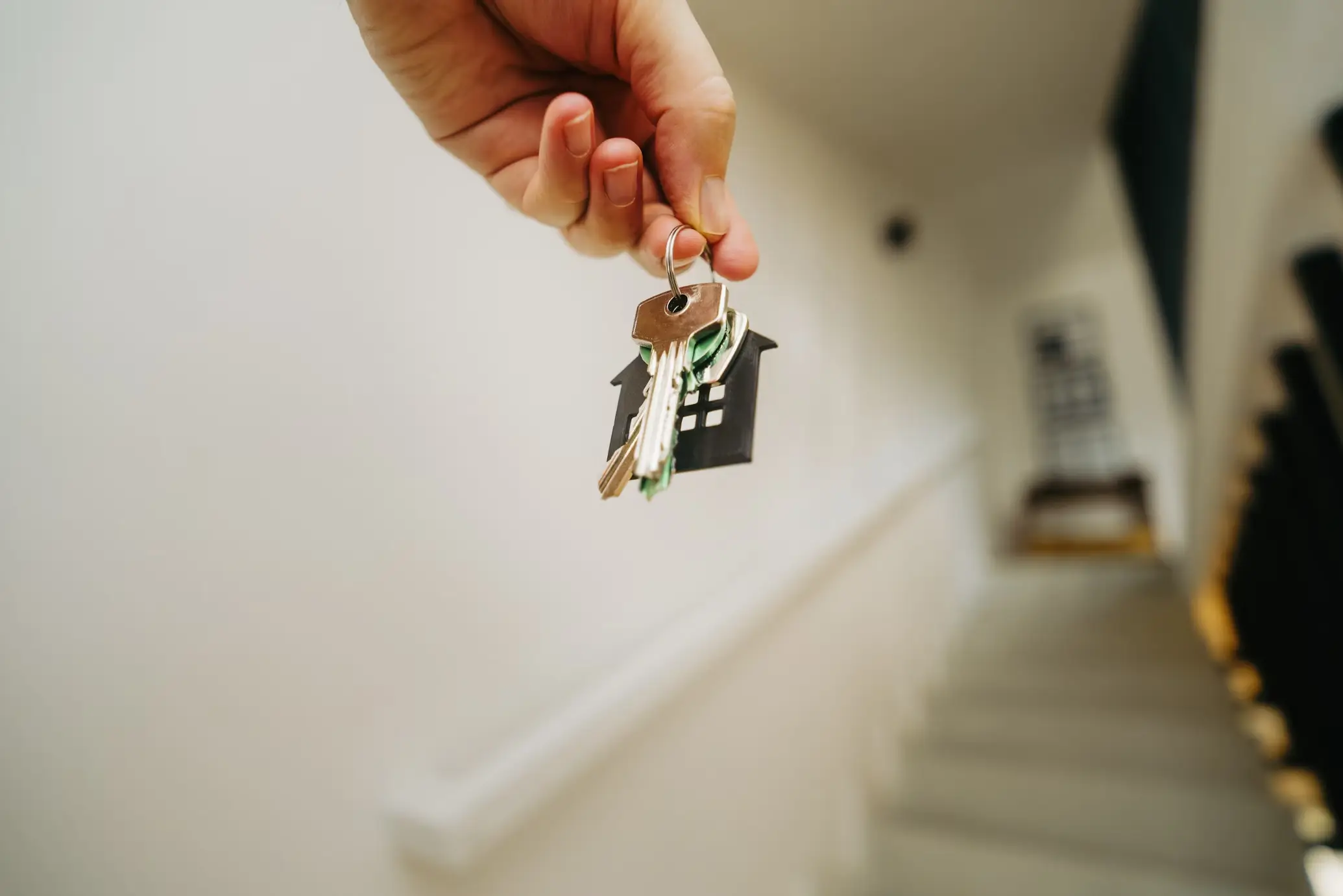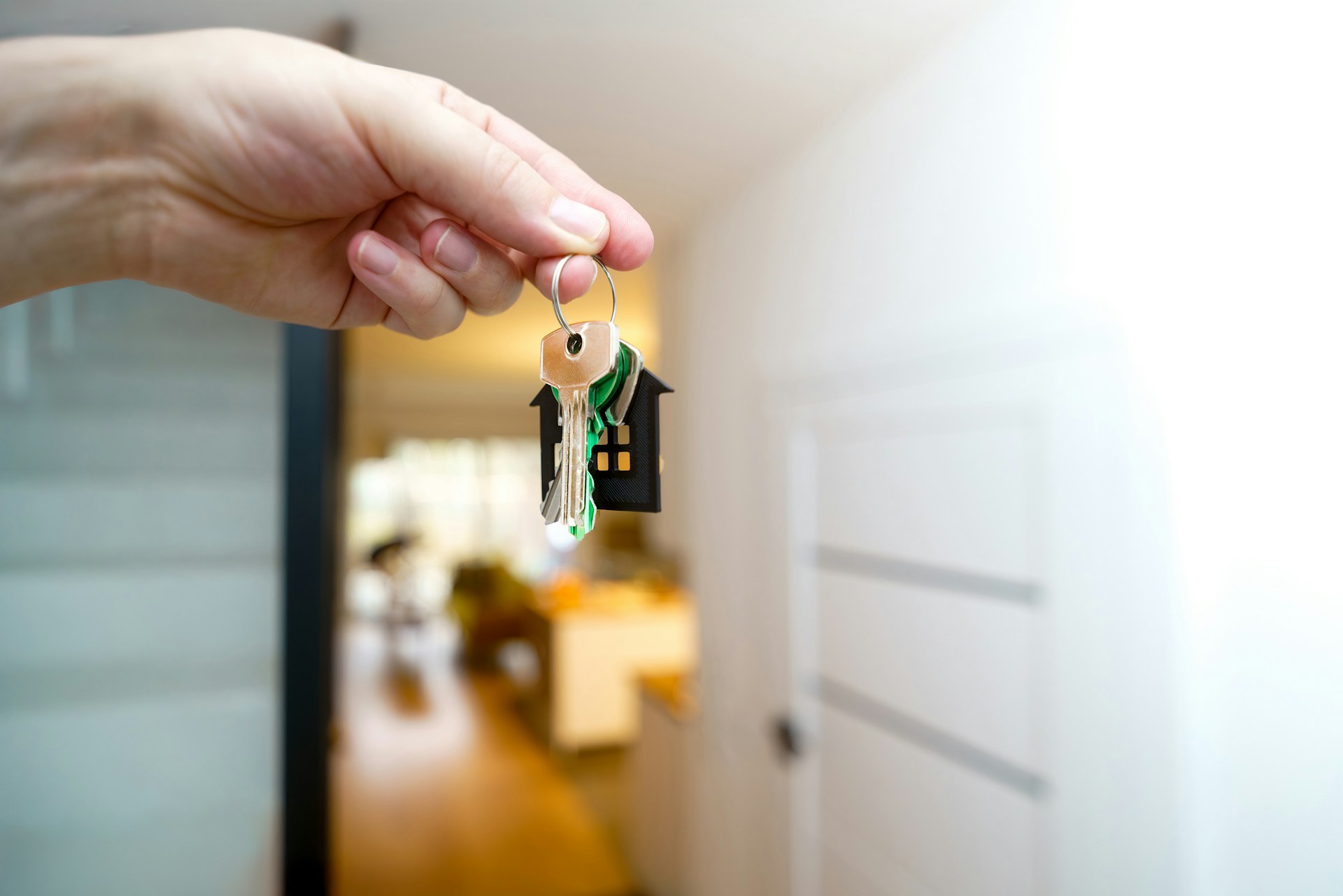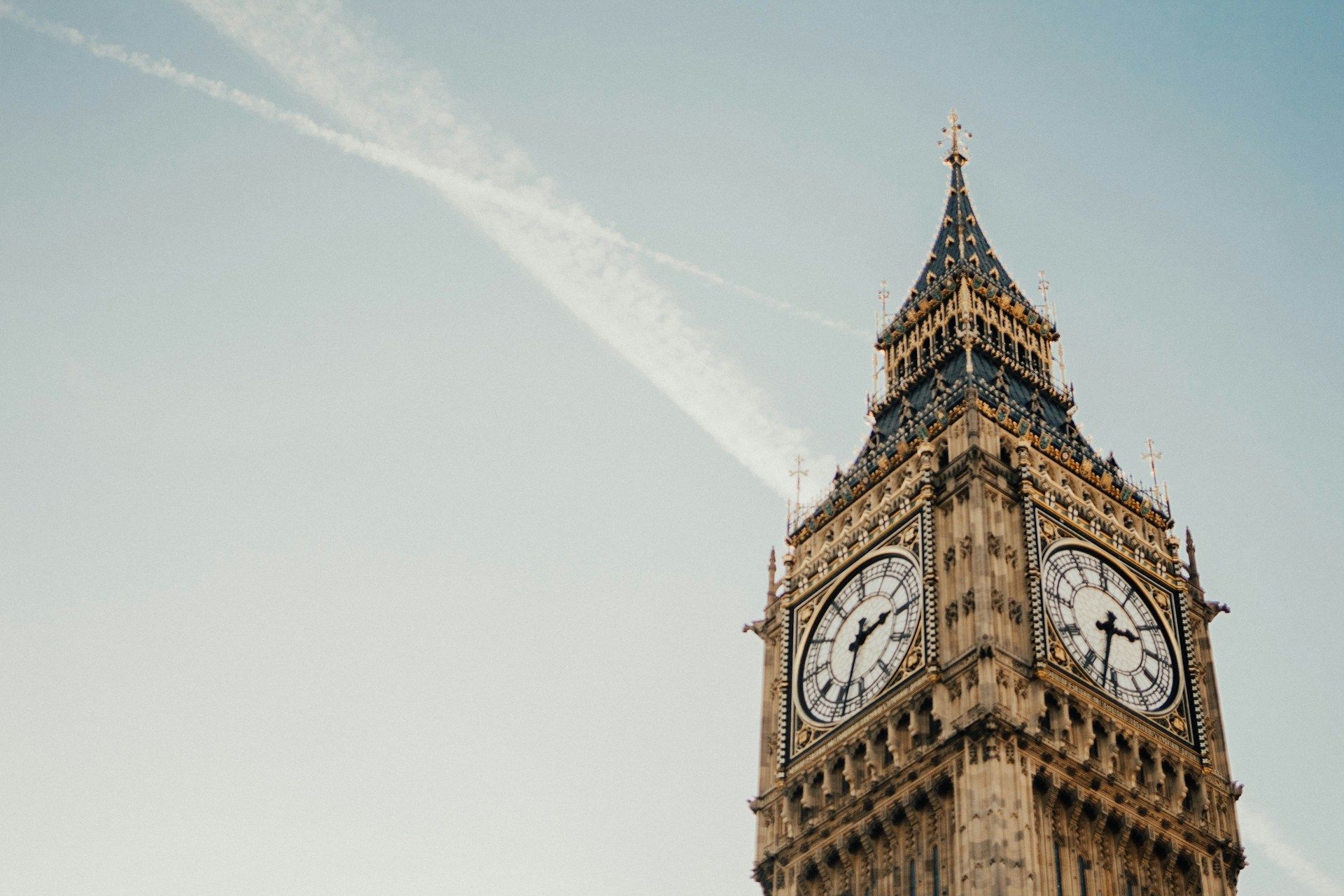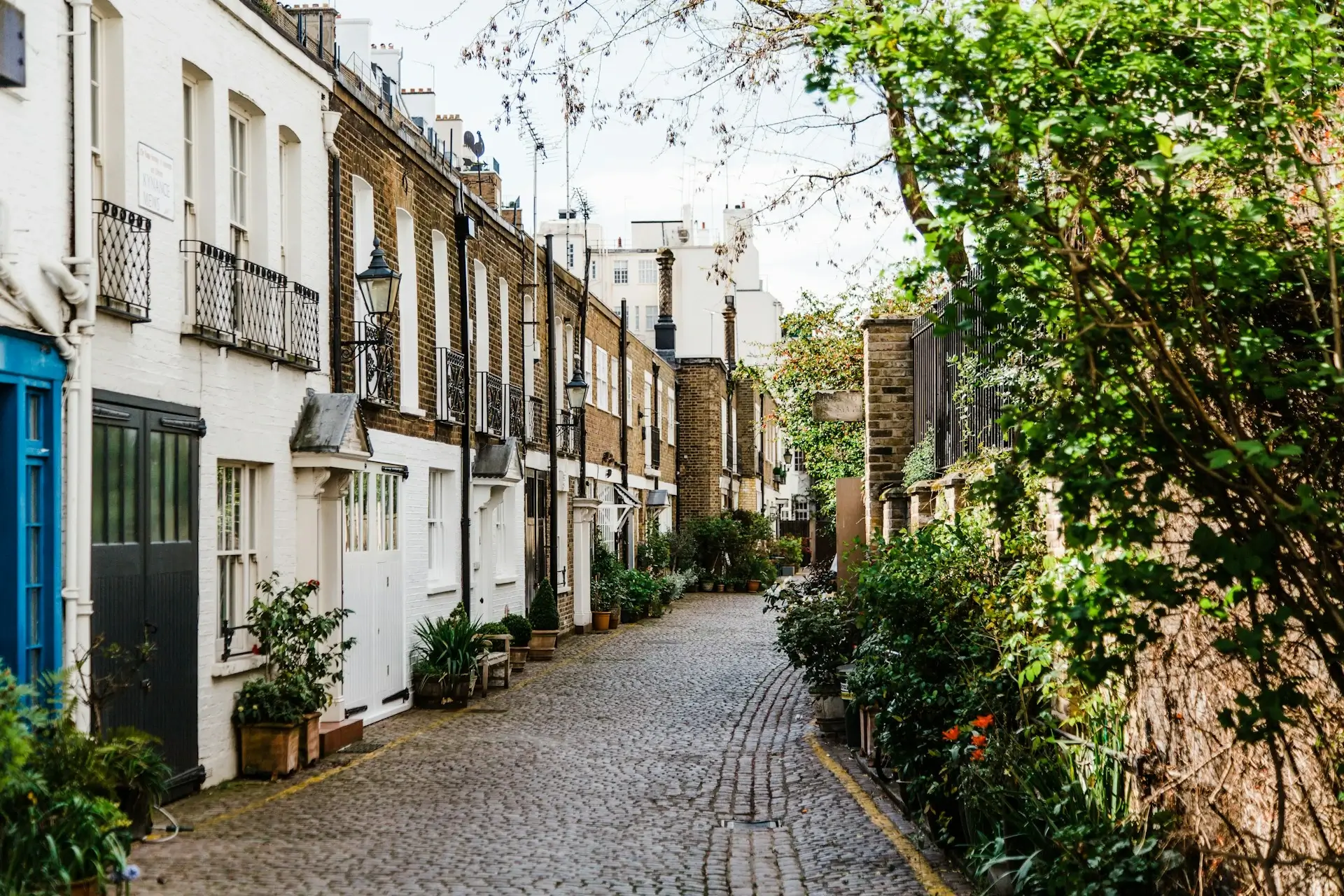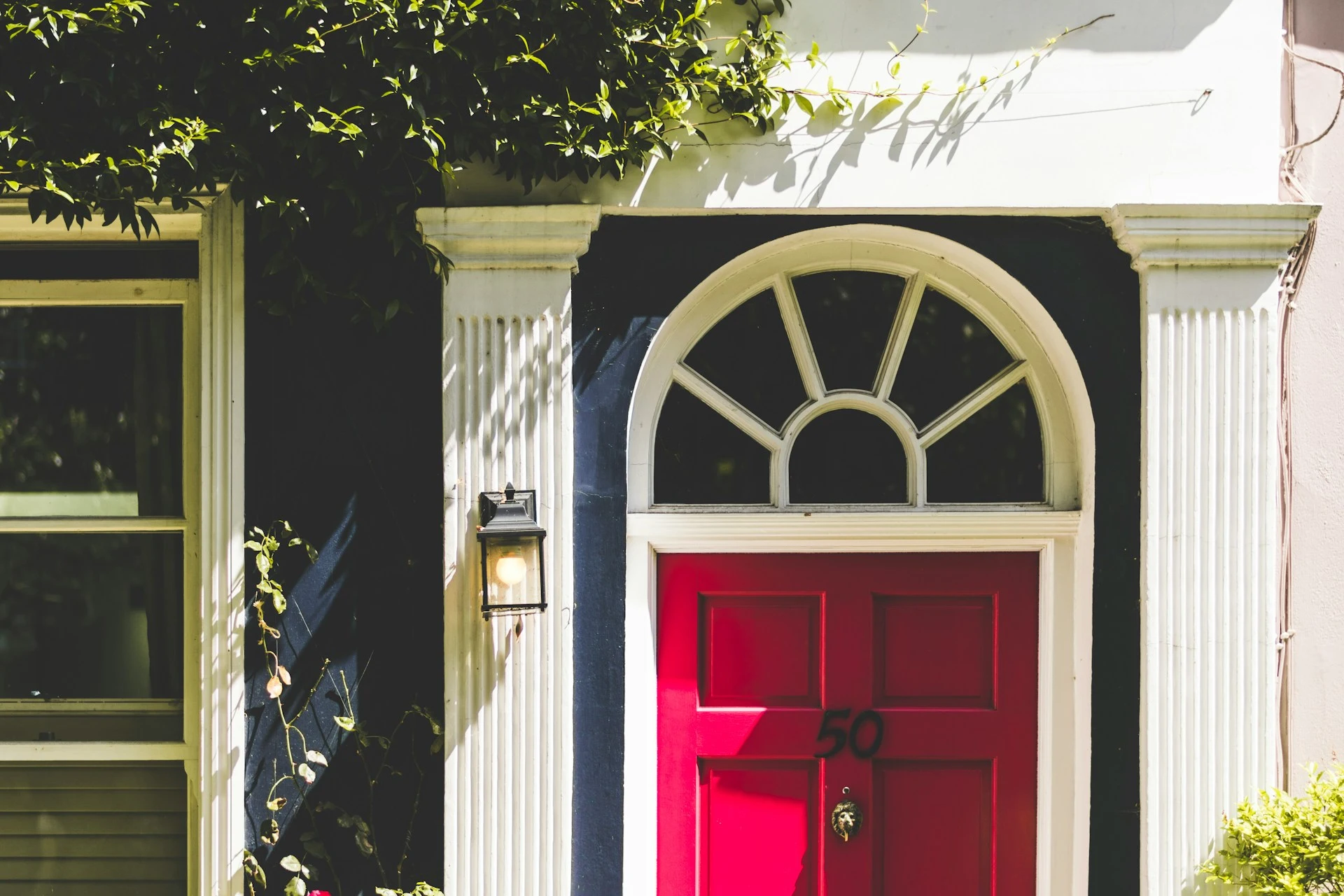Being a landlord in the UK entails numerous responsibilities as well as benefits. One of them includes taxation. Once you decide on renting out your property in the UK, you have to pay taxes on rental income.
You do not have to pay rental income tax if your income is below £1,000 as a part of the property allowance. However, if your income exceeds this threshold, you have to get into contact with HMRC for a Self Assessment. Considering these, you might be wondering if there is a way to avoid paying tax on rental income. In this article, we will give you some of the 10 best practices to reduce or avoid paying taxes on rental income in 2025.
How Rental Income Is Taxed in the UK?
When you rent out your property in the UK, the money you receive from tenants is counted as income. Therefore, you need to pay tax on it, like any other type of income. However, here is the trick: you are only taxed on the profit you make which means not the full amount your tenant pays. You can take away some expenses like maintenance costs before your tax is calculated.
How Much Tax Do You Need to Pay on my Rental Income
You will have a tax-free allowance up to certain thresholds, and your total income will decide how much tax you will pay. Typically the more you earn, the more tax you will likely pay as you can see in the table below:
| Income Tax Band | Taxable Income | Income Tax Rate |
| Personal Allowance | Up to £12,570 | 0% |
| Basic Rate | £12,571 – £50,270 | 20% |
| Higher Rate | £50,271 – £125,140 | 40% |
| Additional Rate | £125,140 and above | 45% |
Rental Income Taxation for Landlords in 2025
Previously, it was stated that the rental income includes the rent you receive from your tenants. However, if you charge for extra services such as cleaning, deposit, heating or repairs, they are also considered rental income.
Here, what matters is to report your rental income in the tax year before it’s due, not when it is paid. So, if your rent was supposed to be paid in March, but you received it in April, it is counted for the earlier tax year.
For example, you rent out a flat and earn £14,400 a year in rent, plus £300 for cleaning services. Your total income is £14,700. Then, you spend £1,000 on letting agent fees, £600 on repairs, and £300 on insurance, which is £1,900 in total. After deducting your expenses from your income, your taxable rental profit will be £12,800. You must declare it to HMRC and pay your taxes based on the tax rate you are in.
Self-Assessment for Landlords in the UK
Self-Assessment is the system HMRC uses to collect income tax from people. Therefore, as a landlord, you need to use Self Assessment to tell how much you earned and what tax you owe. You can do this by filling in a Self-Assessment tax return, once a year.
Considering this, here are some basics you need to know:
- You do not need to pay tax or register if your rental income is under £1,000 in a tax year as part of the property allowance.
- If you earn between £1,000 and £2,500, you should contact HMRC to check how to report it.
- If your rental income is over £2,500 after expenses, or over £10,000 before expenses, you must report it through Self Assessment.
Note that if this is your first time, you need to register with HMRC by 5 October following the end of the tax year.
How to Reduce Rental Income Tax in the UK
Now that we have covered some of the basic information you need to know, it is time to learn how to avoid paying tax on rental income in the UK.
1. Use the Property Income Allowance
You can earn up to £1,000 in rental income tax-free each year thanks to the property allowance. Accordingly, if you share ownership of the property, you and your partner can claim £1,000 each on your portion of the income.
Here, what you should know is that if you take advantage of this allowance, you cannot claim any expenses related to the property. Therefore, you need to consider whether using this allowance will give you a better tax result or not.
2. Claim All Allowable Expenses
You can take away certain allowable expenses from your rental income as long as they are used only for your property. These expenses include:
- Repairs, not improvements
- Utility bills
- Landlord insurance
- Letting agent or accountant fees
- Service charges
- Phone calls
- Advertising costs
- Legal fees related to managing tenants, such as eviction
When the work is done, you have to report these expenses in the given tax year, regardless of payment time.
3. Use Domestic Items to Reduce Your Rental Tax Bill
You can claim tax relief when replacing furniture, appliances, or household items in your rental property. This applies to things like:
- Beds
- Sofas
- Carpets
- Curtains
- Fridges
- Cookers
- Crocery
The rule is simple: you must replace them with an old item and serve the new one for use by your tenants.
4. Claim Buy-to-Let Tax Relief
If you have a buy-to-let mortgage on your rental property via, you can claim 20% of the interest you paid as a tax credit. Therefore, this will directly reduce your tax bill. Here, how it works:
- Consider that you earn £18,000 in rental income in a tax year.
- If you are in the 20% tax bracket, your initial rental income tax bill would be £3,600 (20% of £18,000).
- If your mortgage interest payments for the year were £8,000, you would get a tax credit of 20% of that, which is £1,600.
- Your final landlord tax bill would be £3,600 – £1,600 = £2,000.
5. Use Capital Allowances
When you buy things like furniture, appliances, or equipment for your furnished rental home, you can save on tax. According to the Annual Investment Allowance (AIA), you can deduct up to £1 million of these costs from your rental profits.
6. Consider for Capital Gains Tax
In the United Kingdom, you have to pay capital gains tax on the profit you make when you sell your house. The rates are 18% for basic-rate taxpayers and 24% for higher-rate ones. Thus, to lower your capital gains tax:
- You can use your annual tax-free allowance of £3,000.
- You can get Private Residence Relief if it is your main residence, or Letting relief if you rented it out.
- If you made a loss on another property sale, you can use that to reduce your taxable income.
7. Rent a Room Scheme
The Rent a Room Scheme lets you earn up to £7,500 tax-free by renting out a room in your home. It is perfect if you live in the property and have lodgers staying with you.
8. Joint Ownership with a Spouse or Partner
When you share your property ownership with more than one person, each owner has to pay tax based on their share of the income. For example, if you own half of the property, you will be responsible for %50% of the rental profits. If you have a different split, you must provide HMRC with proof of unequal ownership shares.
9. Set Up a Limited Company for Property Rental
Incorporation with a limited company can offer you tax benefits, especially if you are a higher-rate taxpayer. The major advantage of this is that corporation tax is lower than personal income tax. In 2025, companies pay 25% on profits over £250,000 and 19% if profits are under £50,000.
Additionally, companies can still benefit from mortgage profits from rental income. If you take your money out of companies as dividends, it can be more tax-efficient. However, this can come with extra costs such as stamp duty or legal fees. Therefore, you must think carefully before making your final decision.
10. Take Advice from a Professional
As a landlord, you cannot know every detail about tax rules and regulations. You need to seek professional advice. Therefore, taking advice from a qualified tax professional or accountant helps you save money. They will provide you with the necessary information, help you comprehend what you can claim or make the most of available allowances within the framework of property taxes.
Frequently Asked Questions on Paying Tax on Rental Income
1. What happens if I don’t pay tax on rental property?
You may get a fine from HMRC and have to pay the tax you owe, plus interest.
2. Do I pay tax on rental income if I have a mortgage?
Yes, you still pay tax, but you can claim some of the mortgage interest to lower your tax.
3. What expenses can landlords claim?
You can claim costs like repairs, insurance, letting agent fees, bills you pay for the property, and some legal or accounting fees.
4. How much can I rent a room for tax-free?
You can earn up to £7,500 a year tax-free under the Rent a Room Scheme if you live in the property.
5. How do I report my rental income?
You report it using a Self-Assessment tax return each year.
6. Can my wife pay tax on rental income?
Yes, if she owns part of the property. If you both own it, the income is usually split 50/50.
